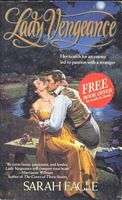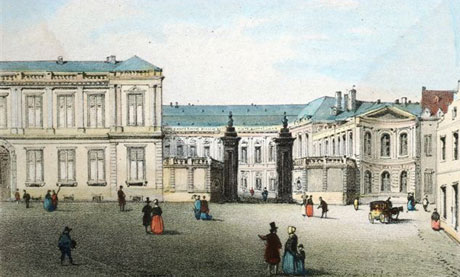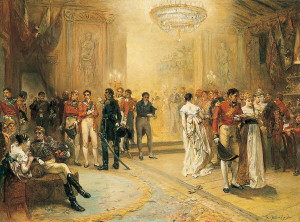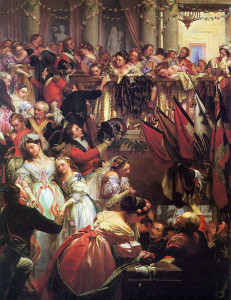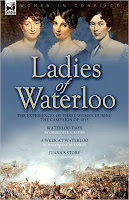Did you wish you could have gone to the Waterloo Anniversary events? Our guest today, Regency author Sarah Eagle (aka Sally Falcon & Sally Hawkes), did and she’s sharing the experience with us this week and also next Wednesday in a two-part guest post. She’s also offering a book giveaway –read to the end to find out more!
Sally Hawkes spends her days as a librarian working with library computer stuff and databases. 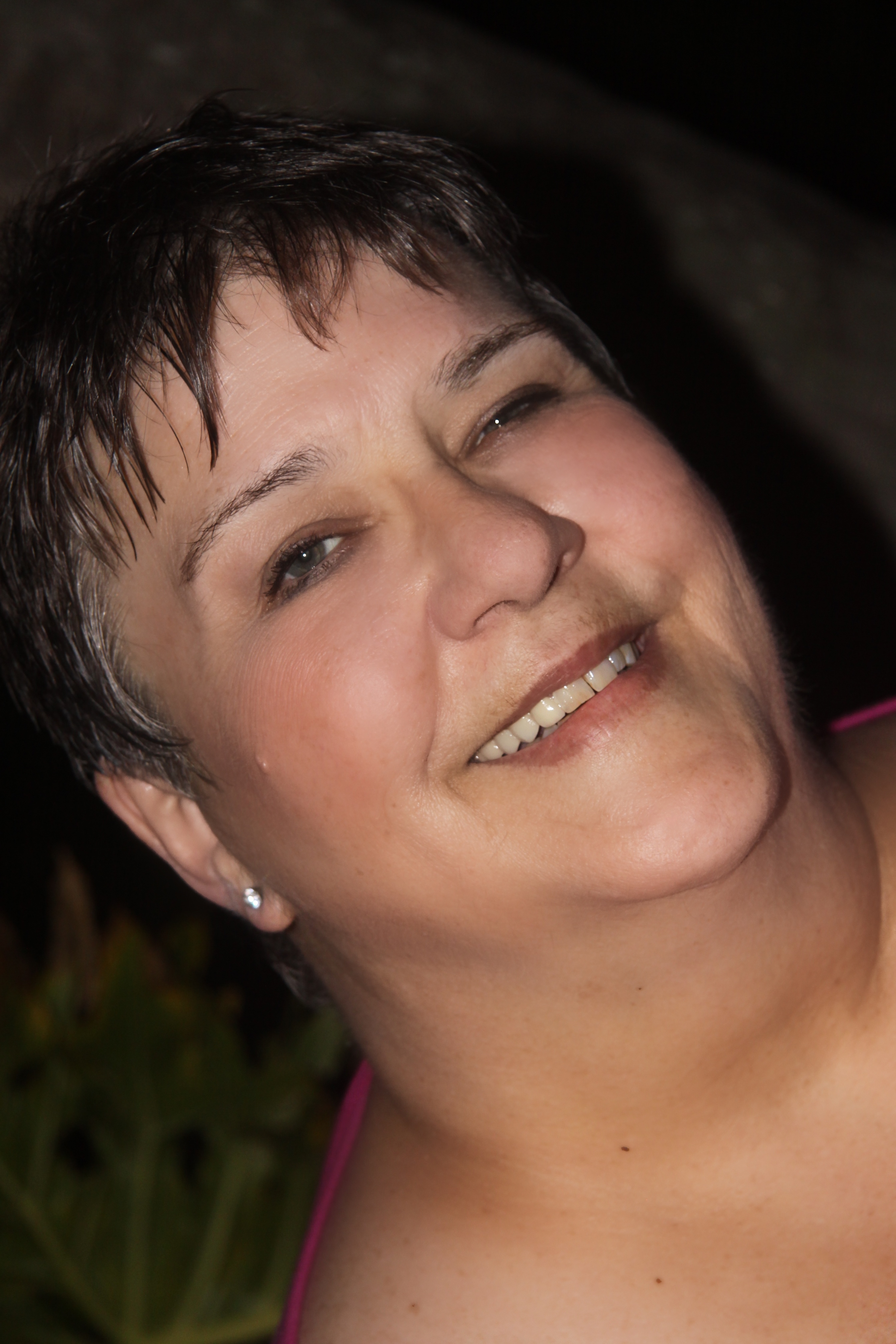 Her “evil twins” are responsible for writing romantic comedies. Sally Falcon uses the contemporary setting and takes advantage of the places that she had lived around the country. Sarah Eagle goes back in time to Regency England. Ms. Eagle has been nominated for Best Regency Comedy by Romantic Times and by the Colorado Romance Writers.
Her “evil twins” are responsible for writing romantic comedies. Sally Falcon uses the contemporary setting and takes advantage of the places that she had lived around the country. Sarah Eagle goes back in time to Regency England. Ms. Eagle has been nominated for Best Regency Comedy by Romantic Times and by the Colorado Romance Writers.
Her love of old movies (a TCM addict), travel and history have helped a great deal in creating her stories. Currently she’s exploring the world of mysteries and Steam Punk. She also contributes to the Novelist, Inc. writer’s group monthly newsletter. She has BS in Education from Bowling Green State University and an MLS from University of South Florida. * * *
“You’re going where on your vacation?” The questioner’s expression changed from expectant, because I’d originally mentioned Europe, to one of bewilderment.
“I’m going to the reenactment of the 200th anniversary of Waterloo,” I had to repeat. With several people I had to remind them what Waterloo actually was. However, I know anyone reading this blog will understand the excitement of this journey.
Fellow author Eileen Dreyer and I decided 5 years ago that we would go, if possible. Phone calls began last fall. The first one centered on “Do you still want to go?” YES. Some of the planning was normal and some not. Eileen called one night and said “We can go to the Duchess of Richmond’s Ball.” (I could tell that someone really wanted to go.) OK, add one Regency period ball gown to the packing. Another call came with Eileen thinking she had to talk me into joining a tour at Waterloo. Hmmm, 100,000 spectators (later numbers were 200,000) 5,000 reenactors, 300 horses and 100 cannon were scheduled to be on site. I’d been thinking the same thing. Finally the months of planning came to the day of departure.
After a few days in Amsterdam we took the train to Brussels for the Duchess of Richmond’s Ball. We had our gowns, evening gloves, fans, ridicules, jewelry and, of course, our tiaras. 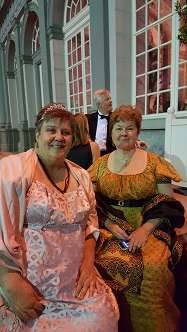 Both gowns were made from vintage patterns. Eileen’s was made from sari silk and fully authentic. I had to tie her into it. Mine was an overdress made from curtain material. (“I saw it in the window and couldn’t resist.” -Carol Burnett)
Both gowns were made from vintage patterns. Eileen’s was made from sari silk and fully authentic. I had to tie her into it. Mine was an overdress made from curtain material. (“I saw it in the window and couldn’t resist.” -Carol Burnett)
We went to our carriage – a taxi – and realized we’d left the tickets in our room. I got to stand very conspicuously at the curb while Eileen retrieved them. One lady asked if I was going to the opera. After the first false start our taxi driver didn’t have a clue about our destination – the Palace d’Egmont. With such an auspicious beginning, I wondered what was next. A spectacular evening!
The entrance was easy to find since two reenactors, resplendent in their uniforms, were guarding the entry. Once we showed our tickets they guided us to a photo area to have our picture done with a guard on either side. Then we were directed out in the courtyard. 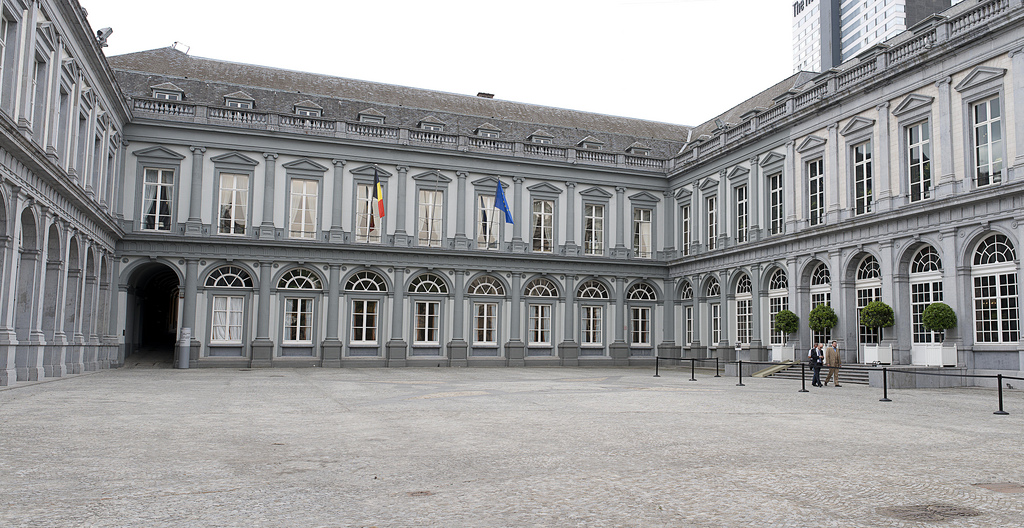 We walked across cobblestones between two curved lines of 10 reenactors on either side and a piper played. They were representing different regiments. Once across the way we were offered our first glass of English sparkling wine. Although the website had seemed to encourage period dress, Eileen and I were among about a dozen that followed through. It did turn out to be a wonderful conversation starter. We mingled, drank wine and ate lovely hors d’oeuvres as we talked to various guests while watching others arrive. (We didn’t know who we were rubbing elbows with sometimes.)
We walked across cobblestones between two curved lines of 10 reenactors on either side and a piper played. They were representing different regiments. Once across the way we were offered our first glass of English sparkling wine. Although the website had seemed to encourage period dress, Eileen and I were among about a dozen that followed through. It did turn out to be a wonderful conversation starter. We mingled, drank wine and ate lovely hors d’oeuvres as we talked to various guests while watching others arrive. (We didn’t know who we were rubbing elbows with sometimes.)
After an hour we were asked to move back to clear a good portion of the courtyard. I moved up the steps to the doorway and Eileen stayed on the cobblestones. She ended up near the Wellingtons. 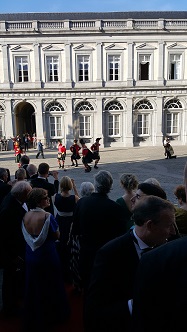 The reenactors exited stage right and the Royal Marine Band came out stage left to perform what our program called a Post Horn Gallop. Fantastic. Their display was followed by the Highlanders doing the traditional sword dance that had been done at the original ball in 1815. I’ve read about it many times, and it’s stunning in person.
The reenactors exited stage right and the Royal Marine Band came out stage left to perform what our program called a Post Horn Gallop. Fantastic. Their display was followed by the Highlanders doing the traditional sword dance that had been done at the original ball in 1815. I’ve read about it many times, and it’s stunning in person.
We were called into dinner and moved up the marble stairway. Tables had the last name of an officer who had fought at Waterloo. We dubbed our table the Colonials’ table since we had two Australians, two New Zealanders and us out of 9 people at the table. I had talked to two ladies from Texas earlier and they were at the next table. The abundance of glassware and silver sparkled while we all shared our reason for being there. It wasn’t too surprising that most everyone had read Georgette Heyer’s An Infamous Army. (Eileen wore sandals and painted her toenails gold and homage to Barbara Childe the female lead.)
At the table was a goody bag that included a monograph of Alasdair White’s Dancing in the Time of War: The Duchess of Richmond’s Ball 15 June 1815, a history of the British Charitable Fund (founded by Wellington after Waterloo) and a list of the auction items for the evening. Two of the top items were 4 tickets to the opening ceremony of the newly renovated Hougoumont and a tea with Hugh Grant at the Savoy. They went for 3,000 and 2,500 Euros respectively. Dancing? There was only modern music for a band but since it was a beautiful night, we returned to the courtyard for coffee, drinks and cake. It was a night I will remember fondly for a long time.
The next day we rested and did some sightseeing, then left for Bruges. The ball was on June 13, a Saturday, and the reenactments would be the following weekend. * * *
Sally’s story will continue next Wednesday with Part 2 of her adventure at Waterloo, and more pictures. Would you have liked to be at the anniversary ball with Sally? Would you have wanted to be at the original event on the eve of battle? Why do you think the Duchess of Richmond decided to hold a ball that night in 1815?
Sally is offering a book giveaway to one commenter randomly chosen from among those who comment either this week or next. (Some of our Risky followers may be off at RWA National this week!) The book she’s offering is LADY VENGEANCE, the first Regency Historical she wrote for Harper Monogram (1995) after writing traditional Regencies for Berkley. Romantic Times called it: “Fast-paced and brimming with humor.” Library Journal said: “this sexy historical with well-researched Regency roots combines the ambiance and wit of the traditional Regency with the passionate sensuality of the historical.” Please leave a comment to be entered in the drawing! 